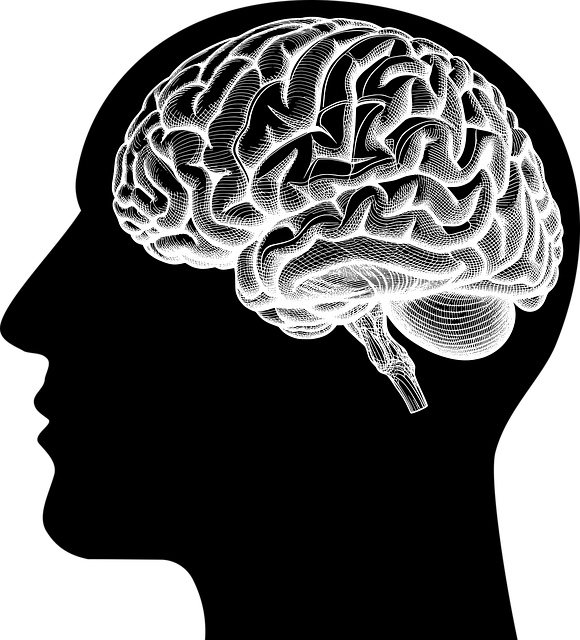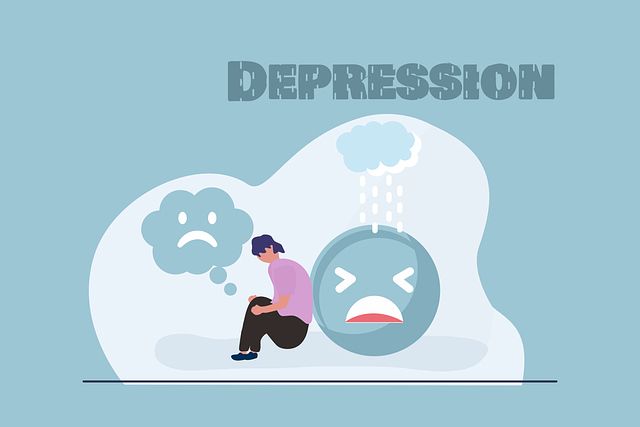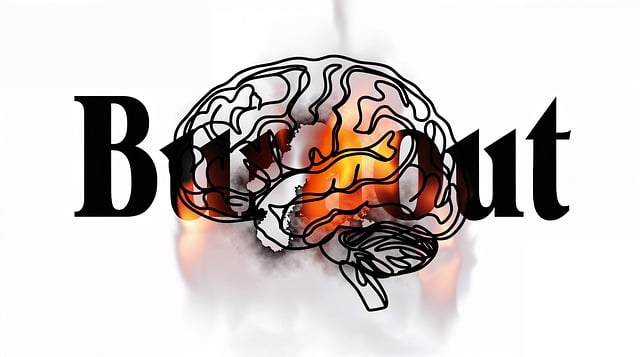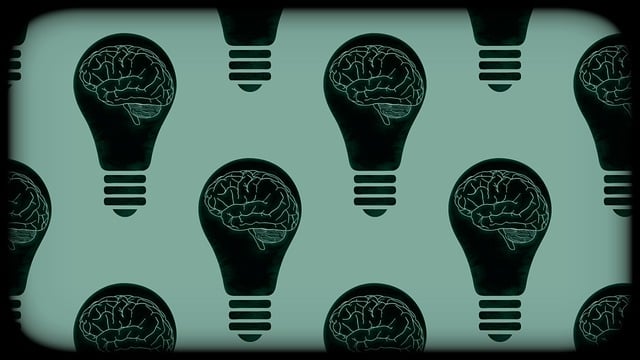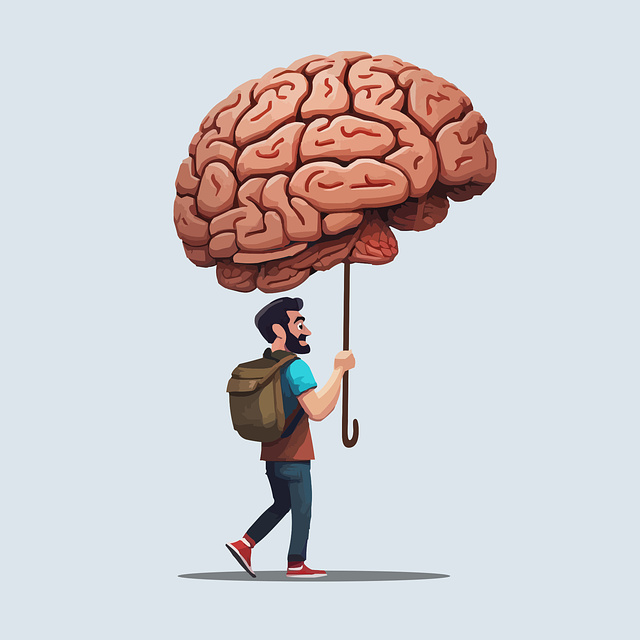Englewood Mental Health Evaluations & Therapy utilizes a holistic RFM (Resilience, Flexibility, Motivation) model to empower individuals in overcoming challenges. By combining traditional therapy with mindfulness exercises and tailored interventions, they build mental resilience, enhance coping strategies, and reduce stigma around mental illness. Their Trauma Support Services and proactive Mental Health Policy Advocacy focus on early intervention and prevention, aiming for long-term well-being through improved risk assessment and emotional regulation. Englewood's unique approach integrates cultural considerations into resilience training, ensuring personalized strategies for thriving in the face of adversity.
Resilience is a powerful tool for navigating life’s challenges, and its impact on mental well-being is profound. This article explores the concept of resilience and its crucial role in enhancing mental health. We delve into the effectiveness of RFM (a key evaluative method) in assessing psychological strength. Through targeted exercises, we uncover strategies to build resilience, highlighting the innovative Englewood Mental Health Evaluations approach. Additionally, practical tips are provided for therapists aiming to integrate resilience training into their practices.
- Understanding Resilience and its Impact on Mental Well-being
- The Role of RFM in Evaluating Mental Health
- Building Resilience through Targeted Exercises
- Englewood Mental Health Evaluations: A Holistic Approach
- Practical Tips for Integrating Resilience Training into Therapy
Understanding Resilience and its Impact on Mental Well-being

Resilience is a powerful tool that equips individuals with the ability to bounce back from challenges and adversity. It’s not about avoiding difficulties but rather fostering an mindset that enables one to navigate them effectively, emerging stronger on the other side. Building resilience involves cultivating mental fortitude, emotional agility, and coping strategies that promote overall well-being. By understanding and leveraging these mechanisms, individuals can improve their ability to cope with stress, manage emotions, and maintain a positive outlook, even in the face of significant life events or chronic pressures.
Englewood Mental Health Evaluations and Therapy recognizes the profound impact resilience has on mental health. Their approach incorporates Mind Over Matter principles to empower clients with the skills needed to confront and overcome anxiety relief challenges. Through targeted interventions and personalized support, they aim to enhance public awareness campaigns development around mental well-being, ultimately fostering a more resilient and thriving community.
The Role of RFM in Evaluating Mental Health

The Real-Life Functioning (RFM) model offers a comprehensive approach to evaluating an individual’s mental health and overall well-being, especially in the context of therapy sessions at Englewood Mental Health Evaluations. This multidimensional assessment tool goes beyond traditional diagnostic criteria by considering a person’s ability to navigate their daily lives and manage various roles. By measuring an individual’s Resilience, Flexibility, and Motivation (RFM), therapists gain valuable insights into their client’s mental health status.
Incorporating mindfulness meditation techniques and other therapeutic interventions tailored to each patient’s RFM profile can significantly contribute to depression prevention and mental illness stigma reduction efforts. Understanding an individual’s resilience helps in designing personalized strategies to enhance coping mechanisms, fostering a sense of empowerment. This approach not only supports individuals in managing their current mental health challenges but also equips them with valuable tools for long-term well-being.
Building Resilience through Targeted Exercises

Building resilience is a key aspect of mental well-being, especially in navigating life’s challenges and trauma. Targeted exercises designed to enhance resilience can be powerful tools for individuals seeking support from Englewood Mental Health Evaluations Therapy services. These exercises focus on developing coping strategies, fostering adaptability, and strengthening the mind’s ability to bounce back from adverse situations.
Englewood’s comprehensive approach to mental health care includes Trauma Support Services, where specialized professionals guide individuals through tailored resilience-building programs. By incorporating these exercises into therapy, patients can improve their risk assessment for mental health professionals, gain better control over their emotional responses, and develop a more positive outlook. Moreover, this proactive approach aligns with the broader goals of Mental Health Policy Analysis and Advocacy, emphasizing the importance of early intervention and prevention in promoting overall community well-being.
Englewood Mental Health Evaluations: A Holistic Approach

Englewood Mental Health Evaluations take a holistic approach to understanding and supporting individual well-being. Beyond traditional therapy methods, they incorporate self-awareness exercises designed to help individuals gain insight into their thoughts, feelings, and behaviors. By fostering inner strength development, these evaluations empower people to navigate life’s challenges with resilience. Emotional regulation is a key focus, teaching effective coping strategies for managing stress, anxiety, and other emotional difficulties. Through this comprehensive process, Englewood Mental Health Evaluations aim to not only identify areas of concern but also to equip individuals with the tools needed to thrive.
Practical Tips for Integrating Resilience Training into Therapy

Integrating resilience training into therapy sessions is a powerful approach to enhancing client outcomes, especially when tailored to individual needs. At Englewood Mental Health Evaluations & Therapy, we recognize that building resilience is a fundamental aspect of fostering mental well-being. Here are some practical tips for therapists aiming to incorporate resilience exercises:
Start by assessing each client’s unique background and experiences. Resilience is not one-size-fits-all; it’s deeply influenced by cultural, social, and personal factors. Incorporate self-awareness exercises that encourage clients to explore their emotions, strengths, and coping mechanisms. This introspective process forms the basis for developing personalized resilience strategies. For instance, guiding clients through mindfulness practices can enhance their ability to navigate stress and adversity. Additionally, consider integrating mental health education programs designed to increase self-efficacy and empower individuals to manage challenges proactively. Cultural sensitivity is paramount; tailor your approach to respect diverse perspectives, ensuring that resilience-building techniques are inclusive and relevant to each client’s cultural context.
Resilience is a powerful tool for enhancing mental well-being, and the RFM (Recovery, Functioning, and Maladaptation) model offers a comprehensive framework for evaluation and intervention. By integrating resilience-building exercises into therapy, as demonstrated by Englewood Mental Health Evaluations’ holistic approach, professionals can empower individuals to navigate life’s challenges more effectively. These targeted exercises not only complement traditional therapy but also foster long-term mental health and overall well-being. With practical tips for integration, therapists can enhance their practice and significantly contribute to the lives of those seeking support.
